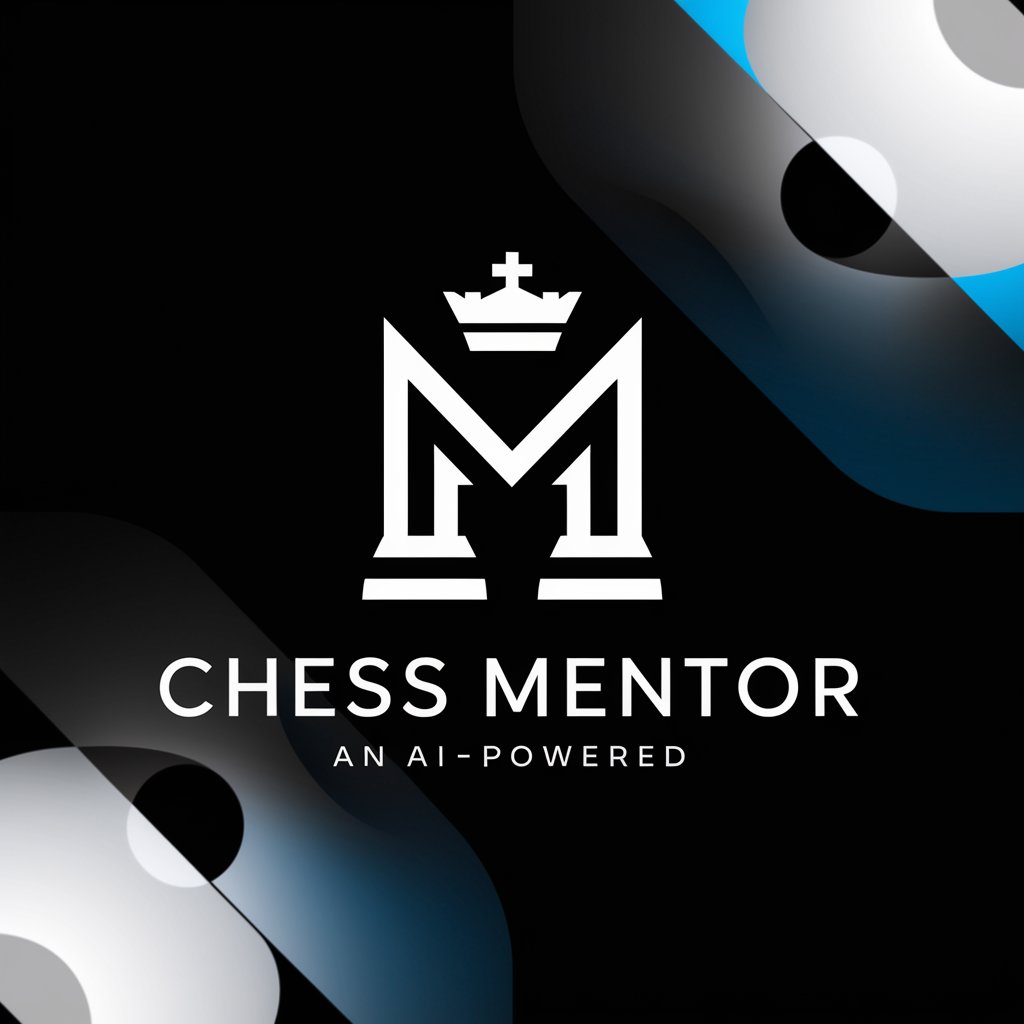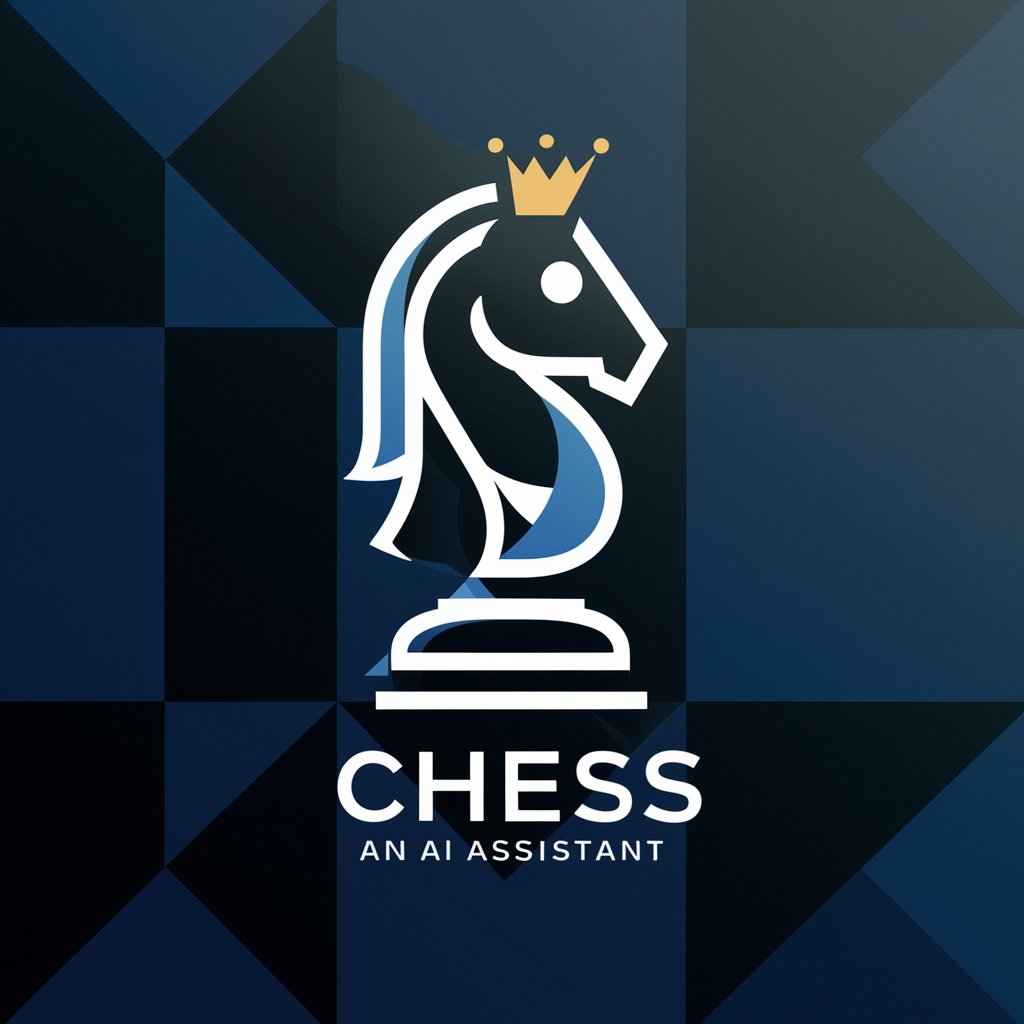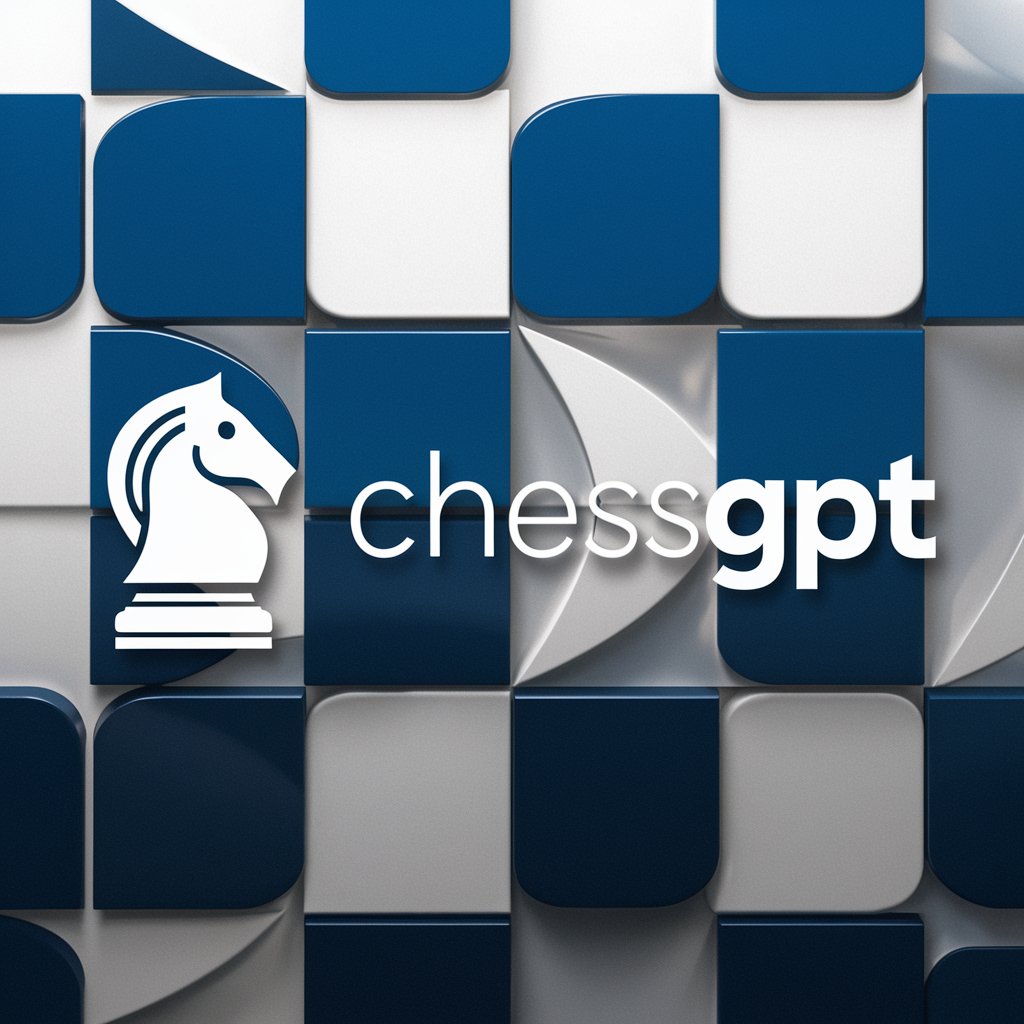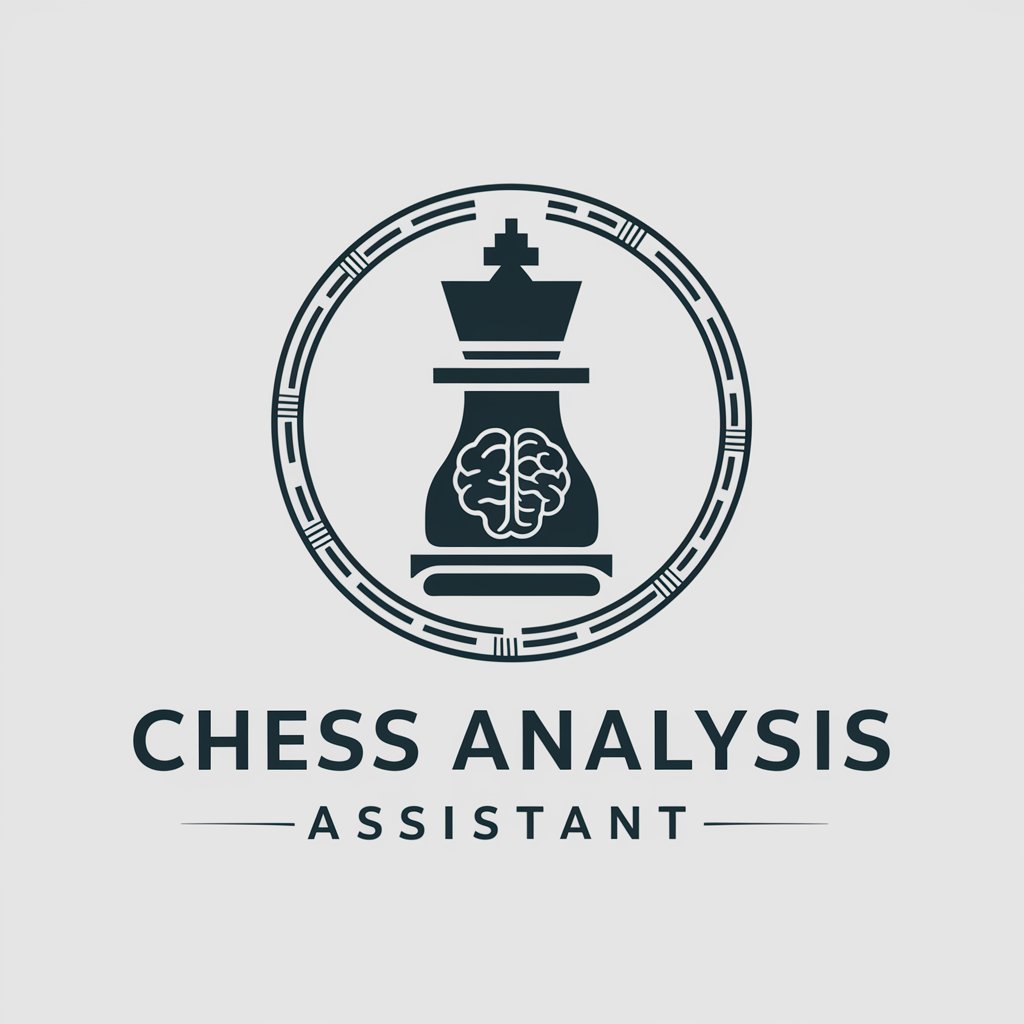
Chess Tournament Analyst - Chess Rating Analysis

Welcome! Let's dive into your chess tournament analysis.
Empower Your Chess with AI Analysis
Analyze the performance trend of player X in the recent chess tournament.
Generate a round-by-round Elo rating change graph for the top three players.
Provide insights on the most significant Elo rating increases during the tournament.
Compare the Elo rating evolution of two players throughout the tournament.
Get Embed Code
Overview of Chess Tournament Analyst
Chess Tournament Analyst is a specialized tool designed to provide detailed analysis of chess tournament performances, focusing specifically on the evolution of a player's Elo rating throughout the competition. It operates by analyzing data from the 'grille américaine', a document commonly used in chess tournaments that records players' results against their opponents and updates their rating changes. The primary aim of this tool is to transform complex tournament data into understandable and visually engaging graphs and curves, enabling players to see not just the outcomes of individual games, but also trends over the course of the tournament. For example, a user might input the tournament link after finishing all rounds, and the GPT will process this to show how the player's rating fluctuated from round to round, highlight significant performance spikes or drops, and provide insights into the impact of each game on the overall rating. Powered by ChatGPT-4o。

Key Functions of Chess Tournament Analyst
Data Retrieval and Analysis
Example
A user uploads a link to the grille américaine of a recent tournament. The GPT automatically retrieves the results and calculates the player’s rating changes after each round, analyzing the impact of each game on their overall performance.
Scenario
After a regional chess championship, a player wants to understand how their victories against higher-rated opponents and losses to lower-rated players affected their rating. The GPT processes the data, revealing which games were most beneficial and which were detrimental to their Elo rating.
Graphical Representation
Example
Based on the processed data, the GPT generates graphs showing the progression of the player's Elo rating across the tournament, highlighting peaks and troughs.
Scenario
A chess coach uses the tool to prepare a visual presentation for their student, showing the student’s rating progression in a visual format that’s easy to understand, aiding in strategic reviews and future training focus.
Performance Insights
Example
The GPT provides a detailed breakdown of performance metrics, such as the impact of each game on the player’s rating, expected versus actual performance, and performance consistency.
Scenario
An amateur player uses these insights to identify patterns in their play, like performance under pressure against higher-rated players, which can inform their training and game preparation strategies.
Ideal Users of Chess Tournament Analyst
Competitive Chess Players
Players actively participating in tournaments who need to understand the impact of each game on their rating to identify strengths and weaknesses in their game strategy.
Chess Coaches and Trainers
Coaches who require detailed analytics to better tailor their training programs based on specific performance data from tournaments.
Chess Enthusiasts and Analysts
Enthusiasts who enjoy following and analyzing chess tournaments in detail, using data to predict outcomes and understand player trends.

How to Use Chess Tournament Analyst
Initial Setup
Begin by accessing the Chess Tournament Analyst for a free trial at yeschat.ai; no registration or ChatGPT Plus subscription is necessary.
Prepare Data
Prepare the 'grille américaine' link for the specific chess tournament you're interested in analyzing. Ensure that the link is publicly accessible and contains complete data for each round.
Enter Tournament Data
Input the 'grille américaine' URL into the designated field on the Chess Tournament Analyst tool to fetch the data.
Analyze Data
Review the visualized Elo rating changes and other analytics provided by the tool. Use the interactive features to delve deeper into specific rounds or overall trends.
Interpret Results
Utilize the comprehensive explanations and insights provided by the tool to understand the implications of the data, helping to guide future training or competition strategies.
Try other advanced and practical GPTs
Tournament Tracker
Stay ahead in the game with AI-powered tournament tracking.

Aussie O
Power Your Game with AI Commentary

PS Football Tournament Assistant
Automate Your FIFA Tournaments

Tournament Tracker
Powering eSports Insights with AI

PingPong Tournament
Automate Ping Pong Tournaments with AI

Tournament Ace
Ace Your Game with AI

NCAA Tournament Bracketology Chat
AI-powered NCAA bracketology insights

Freelancer Way
Empowering Your Freelance Journey with AI

Your Way Małgorzata Jakubicz
Empowering Writing with AI

The Pirate Way
Navigate team challenges with AI-powered pirate flair!

The Way
Navigating the journey to your true self.

싼다토익 - 토익 영어 시험 준비, 노잼? No way! 😎
AI-powered TOEIC preparation for fast improvement

Frequently Asked Questions about Chess Tournament Analyst
What is a 'grille américaine' and why is it important for using this tool?
A 'grille américaine' is a table format commonly used in chess tournaments to record players' results against each other, as well as their Elo ratings after each round. It is essential for this tool as it provides the necessary data to analyze performance trends and rating changes throughout the tournament.
Can Chess Tournament Analyst help improve my chess skills?
While the tool itself does not directly teach chess, it helps players analyze their performance and identify areas of improvement based on past tournament data, which can be instrumental in refining strategies and enhancing overall skills.
Is this tool suitable for analyzing team competitions?
Yes, Chess Tournament Analyst can analyze data from team competitions as long as the results are structured in a 'grille américaine' format, allowing for detailed insights into each team member's performance as well as the team's overall strategy.
How can coaches use this tool effectively?
Coaches can use this tool to monitor their players' rating fluctuations and match outcomes, gaining insights into their strengths and weaknesses, and tailoring their coaching strategies accordingly.
What are the system requirements to run Chess Tournament Analyst?
Chess Tournament Analyst is a web-based tool, so it requires only an internet connection and a web browser. No specific hardware or software installations are necessary.





